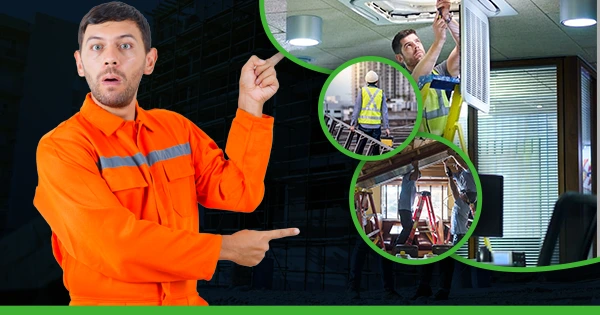A well-maintained building is the backbone of any successful business. From ensuring employee safety to maintaining customer trust, regular maintenance plays a crucial role in keeping operations running smoothly. Neglecting maintenance can lead to costly repairs, business interruptions, and potential safety hazards.
Why Building Maintenance Matters
Proactive upkeep helps prevent small issues from escalating into major problems. Regular building maintenance not only ensures structural integrity but also improves energy efficiency and overall functionality of your premises.
Additional Support for Business Continuity
Beyond structural care, companies also benefit from reliable support services. For example, skilled handyman services can handle essential repairs and improvements quickly, minimizing downtime and helping businesses stay productive.
Conclusion
Investing in proper maintenance is a strategic decision that safeguards your business from unexpected disruptions. With the right support, you can ensure safety, efficiency, and long-term sustainability for your workplace.


